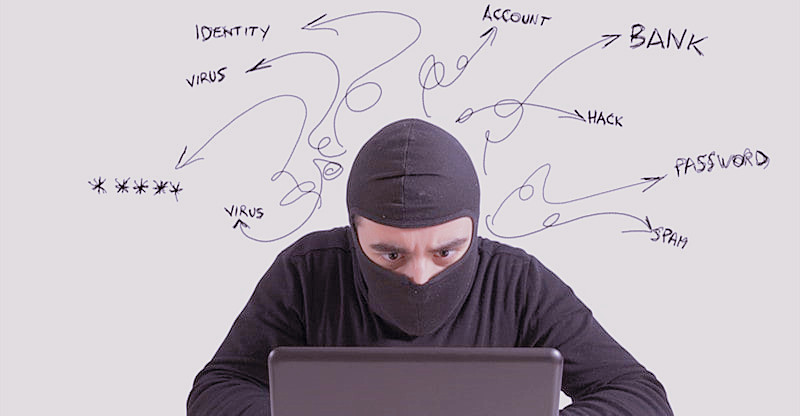Use Antivirus Software to Avoid Tax Identity Fraud
No matter what country you live in, tax season is one heck of a rollercoaster ride.
First comes the panic to get your taxes done on time and correctly to beat the filing deadline. Then comes the fear that you did something wrong and the tax agency is only moments away from beating down your door and hauling you off to question you in a dark room somewhere.
Then comes the sheer relief of the fact that you did everything right, aren’t going to get in trouble, and that a tax refund is headed your way in the near future, which you can turn into a special splurge item, savings for a vacation or your next car or home, a gift for someone special, or merely sock it away in your rainy-day savings account.
But what happens when that refund check never shows up? You keep checking the mail or your bank account day after day waiting for it, and when you start to get suspicious, you call the tax revenue service and find out the worst: You are the victim of tax-related identity theft.
Five Warning Signs
Here are five reasons to suspect someone has stolen your identity for tax-related theft purposes.
1. The Internal Revenue Service (IRS) or similar agency in your country sends you a notice that you owe tax for a year you did not file a return.
2. Your tax records show you were paid by an employer that you have never worked for; this happens if someone uses your Social Security number to get a job.
3. You get a notification that a suspicious tax return has been filed attached to your Social Security number.
4. You get a message saying more than one tax return has been filed using your Social Security number.
5. You e-file your tax form and it gets rejected.
How Does Identity Theft Happen?
Identity theft used to be limited to people physically stealing or making copies of your forms of identification such as your Social Security card, Drivers’ License, or another official government-issued document. Now that so much of your life is stored and activated online, it can happen as simply as you opening an attachment or email that has been spiked with malware.
Malware can trace your keystrokes, remember your usernames and passwords, or pull all your pertinent data and send it to a third party via your Internet connection. From there your information is either used directly by the hacker or sold, often on the Dark Web, to people looking for Social Security numbers to use illegally to things like gain employment, apply for a loan, buy a house or car, etc. It’s paramount to invest in reliable antivirus software like Norton to keep your system protected at all times.
What Happens Next
If you suspect your identity has been stolen for tax-related purposes, you must report it to the IRS using Form 14039, Identity Theft Affidavit. You should also contact the Federal Trade Commission as well as the three national credit bureaus – TransUnion, Equifax, and Experian. These companies will put a fraud alert on your credit reports so your credit score will not be negatively impacted by someone impersonating you.



